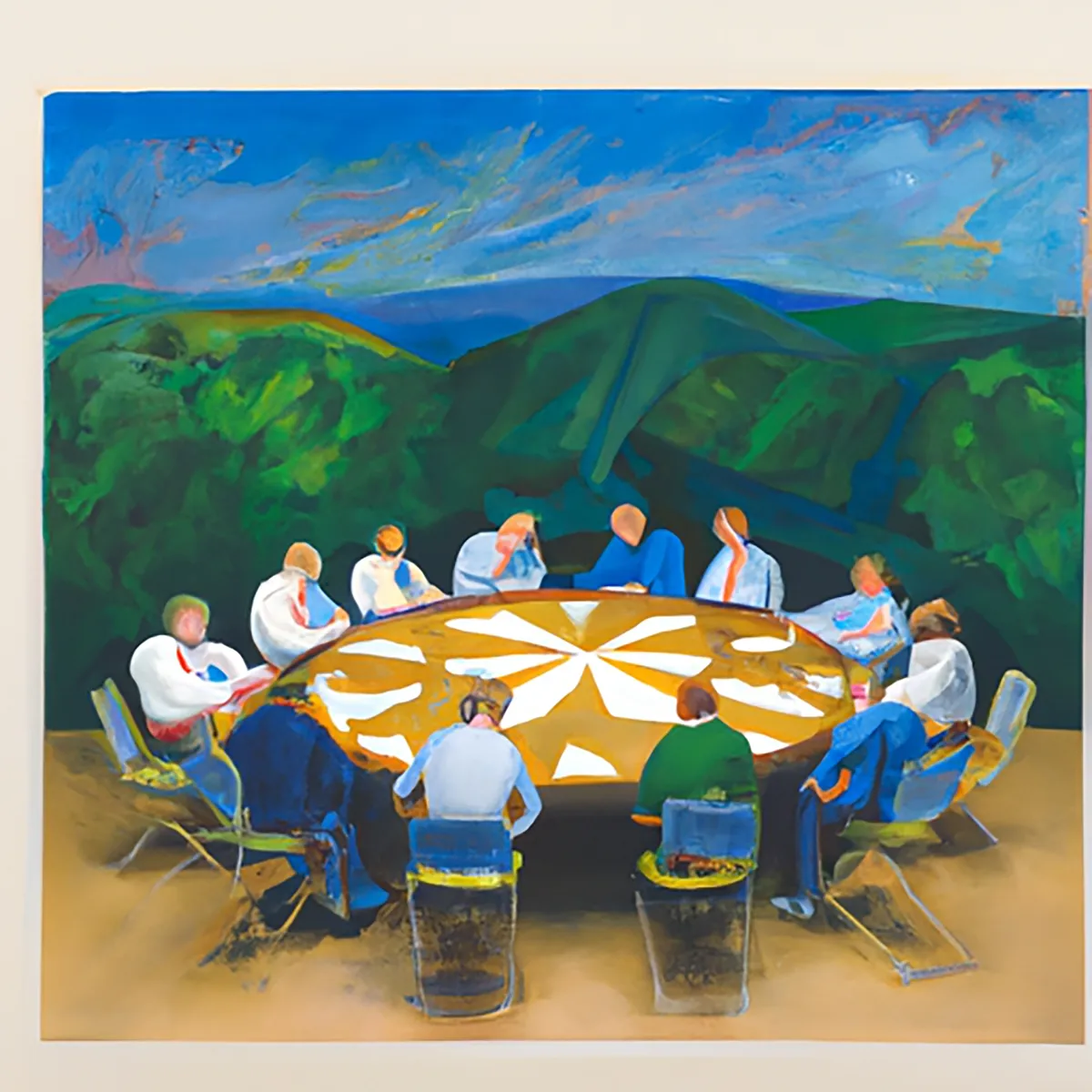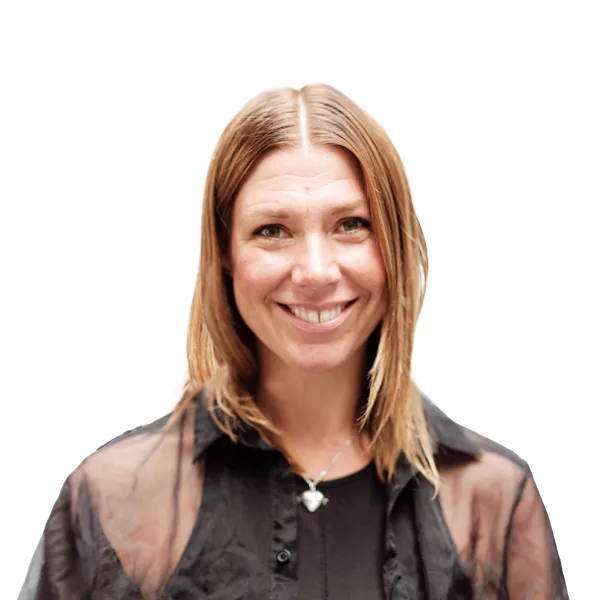Collaboration
Project Wrap-up
The purpose of this session is to enable team members to reflect on their project experiences, provide mutual support for improvement, and bring closure to the team. The session begins with identifying the project's high and low points, which serve as a basis for discussing lessons learned. The team then establishes actionable steps to apply in future projects and provides feedback to enhance their practice.

Workshop steps
Begin by conducting a check-in to help the team members ease into the session. Emphasize the significance of staying present and concentrated during reflective sessions like this one. Clarify that the session's primary goal is to achieve closure on the project and extract maximum learning. Think about utilizing the IDOART technique to organize and present the session effectively.
Place a big sheet of paper on the wall, illustrating the project's timeline. Mark the upper half with a happy face and the lower half with a sad face, creating an "emotional graph" for the project. Ask all team members to draw a line on the paper, reflecting their personal experience throughout the project.
Following that, request participants to jot down words or sketch pictures symbolizing the project's high points. Encourage them to consider the reasons behind these peaks, the events that occurred, the factors leading up to them, the elements of success, and the lessons learned. Allocate approximately 10 minutes for this task.
Now, repeat the process for the low points by writing words or illustrating images that symbolize those moments in the project. Encourage them to reflect on the events, causes of the low points, and the lessons they learned about their own responses and actions. Allocate approximately 10 minutes for this task.
First, have participants write down their top three growth areas during the project on post-its or the same sheet of paper. Allow about 10 minutes for self-reflection. Then, ask each member to share their experience for 3-5 minutes, focusing on major highlights, challenges, and personal development. During these presentations, others can ask coaching-style questions, but avoid turning it into a discussion.
In conclusion, ask members to contemplate their expectations and actions for their upcoming project. Encourage them to consider their goals, desired learnings, and necessary behaviors for success. Allocate approximately 10 minutes for this activity.
To conclude the shared experience, all team members should exchange feedback. Discuss the significance of working with effective feedback. Each member should provide and accept feedback from others in the team. Select any suitable method from the toolbox for this group. Some helpful feedback prompts at this stage could include: - One thing I appreciate is... - One thing I would like to see more of is... For a deeper understanding, your team can try a process related to the overall project: - What I could improve/do differently... - What I did well... (Team provides feedback on the same prompts) - What I noticed you could improve/do differently... - What I noticed you did well. Express gratitude to your team. Receiving feedback may cause a need to justify or defend oneself, as personal perceptions often differ from those providing feedback. To maintain open communication and encourage ongoing feedback, it's crucial to actively listen to the feedback given. This demonstrates that feedback is welcome, even if it feels uncomfortable. Stay engaged with the person and try to comprehend their perspective. After receiving and reflecting on the feedback, address any disagreements through open dialogue. Explore additional feedback processes, such as: - Start, Stop, Continue - Feedback: Appreciation Mingle
Once all feedback is shared, conclude the session with a check-out. Request team members to mention what they may carry forward to a new team, considering the discussions from this session.
Let's Rejoice! Come up with a lively method to rejoice in your shared experiences and the knowledge gained - right here, right now, in the present moment. It could be as easy as giving high-fives or engaging in a spontaneous dance - even in an online setting. By taking a moment to commemorate the end of a project, we can mentally and physically wrap it up, while also boosting our enthusiasm for the upcoming project.
Need help with this workshop?

